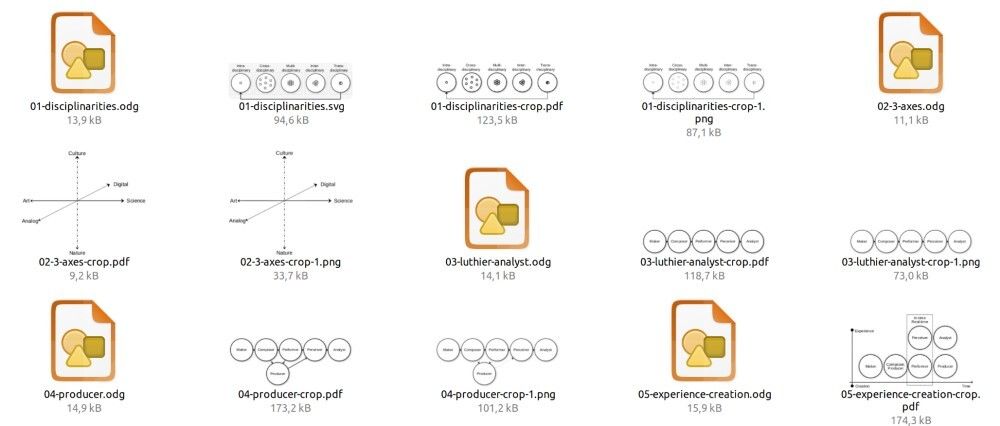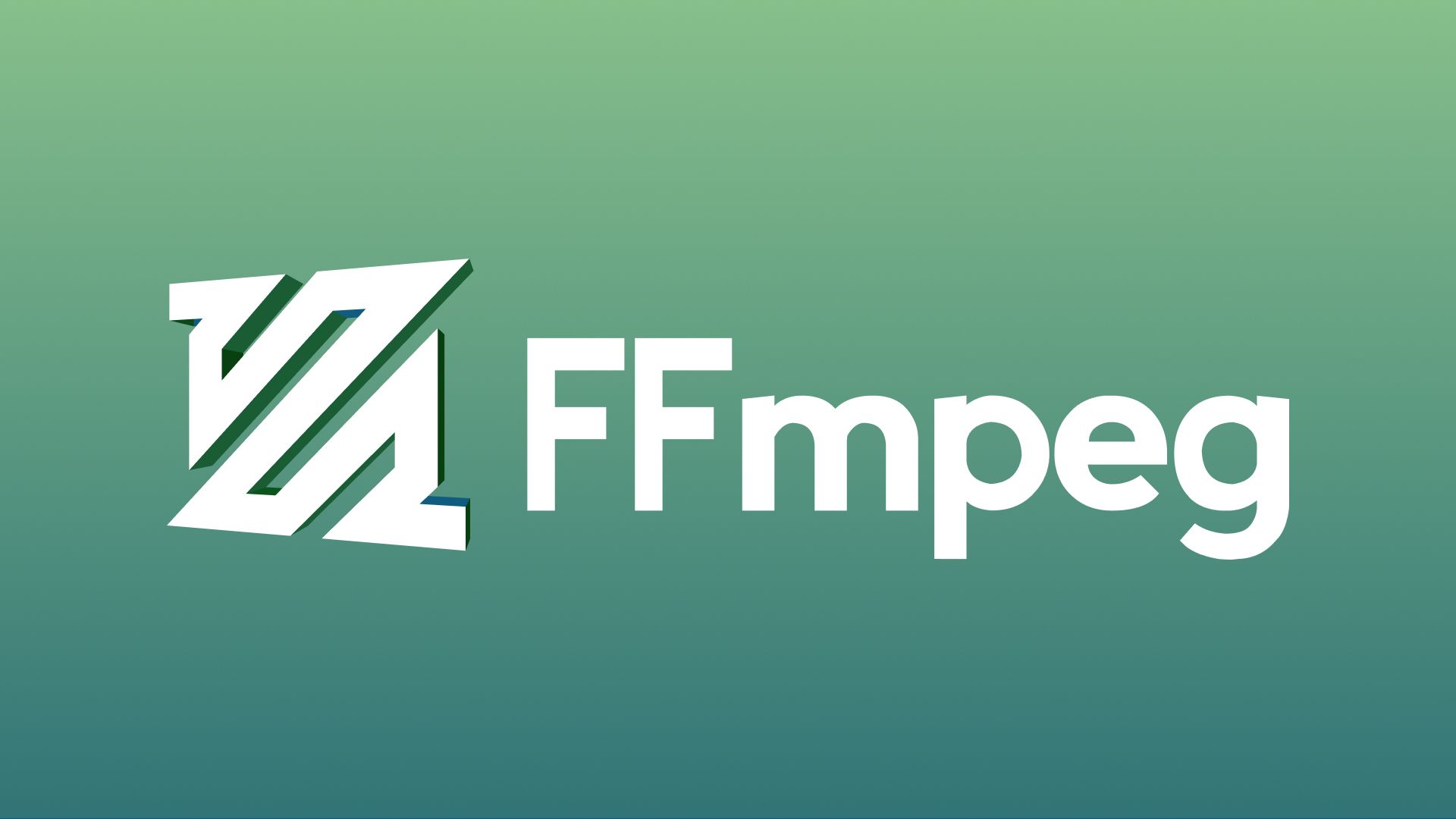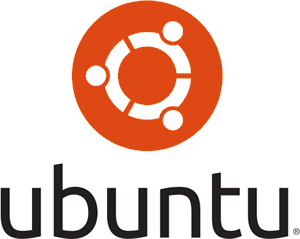
Scripting image exports with LibreOffice Draw
As mentioned yesterday, the source files for the illustrations in my Sound Actions book are available on GitHub in the form of LibreOffice Draw files (ODG). Draw may be less powerful but much easier to work with than more advanced line art software, such as Inkscape. One of the nice things about the LibreOffice package is its scripting possibilities. While working on my book, I wrote a shell script that would read all the ODG files in a folder and convert them to PDF and PNG files:...

